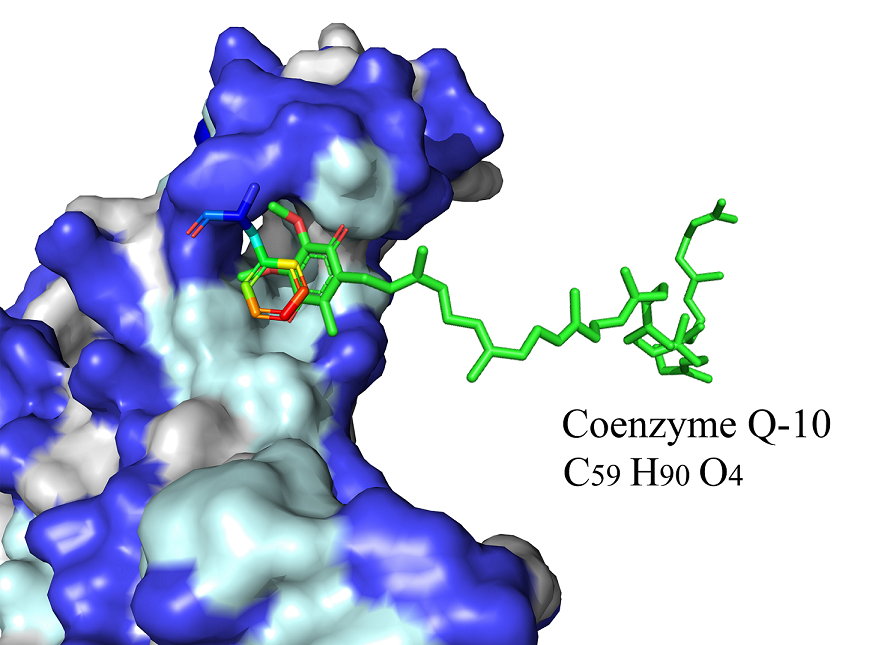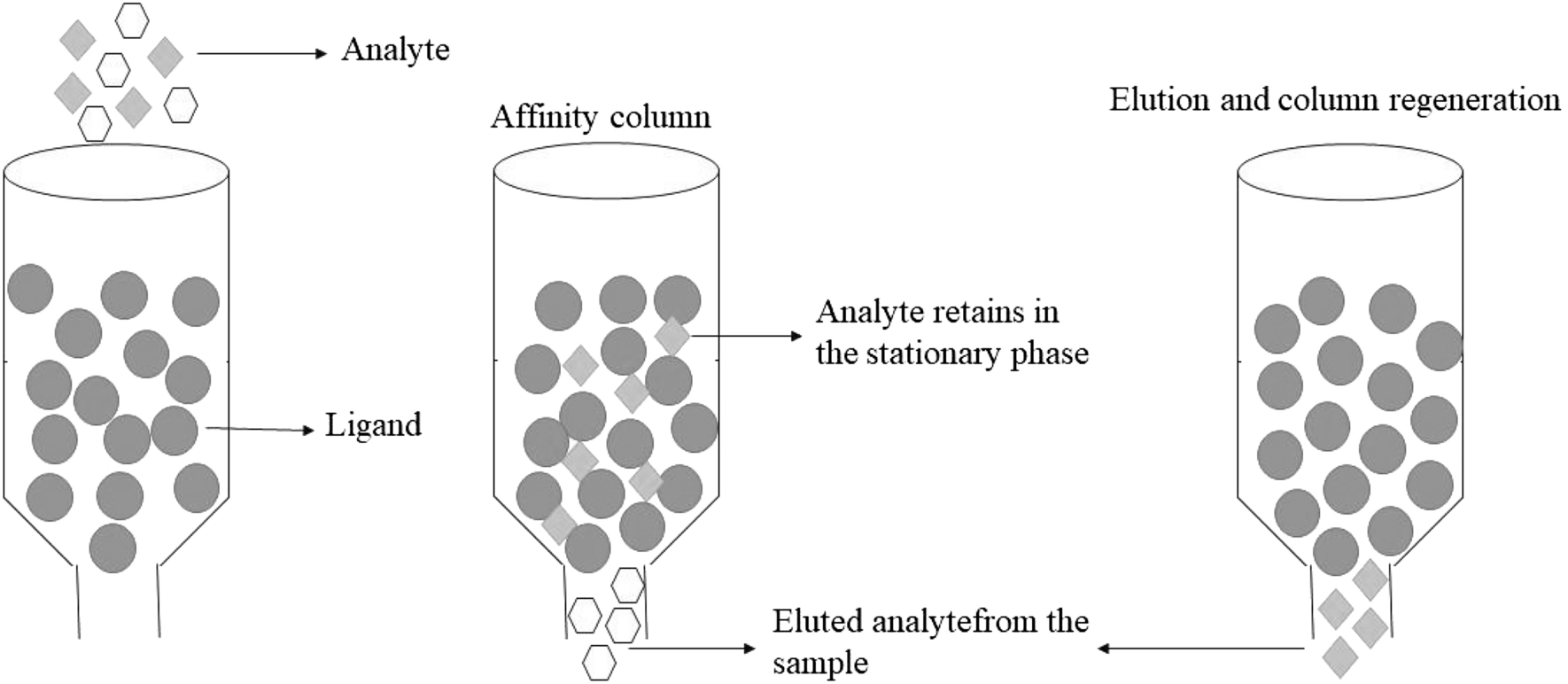Membrane Protein-Based Ligand Discovery Service
- Ligand screening for membrane targets such as GPCRs, transporters, and tyrosine kinase receptors
- Membrane protein binding screening using novel small molecule or natural product libraries
- Membrane protein specificity validation for monoclonal antibodies or nanobodies
- Analysis of ligand binding sites and structure-activity relationship (SAR) studies
- Support for drug screening, fragment-based drug discovery (FBDD), or adjuvant screening projects
Membrane Protein-Based Ligand Discovery Service refers to a specialized screening service that identifies small molecules, peptides, or antibody ligands with specific binding affinity to membrane proteins. By reconstructing the native conformational environment of membrane proteins and integrating advanced technologies such as affinity chromatography, microarrays, and label-free detection platforms, this service enables high-fidelity ligand discovery. This service supports early-stage drug development—such as small molecule screening for GPCRs—as well as functional validation, antibody affinity assessment, and structural biology research.

Lu C. et al. Int. J. Mol. Sci. 2019.
Membrane protein ligands are bioactive molecules—such as small molecules, organic compounds, peptides, or antibodies—that specifically bind to membrane proteins. These ligands interact with extracellular domains, transmembrane regions, or functional binding pockets of membrane proteins to regulate their conformation, activity, or downstream signaling. A classic example is the agonists and antagonists of β-adrenergic receptors. As membrane proteins—including GPCRs, ion channels, and transporters—represent over 60% of known targets for small-molecule drugs, the discovery and screening of membrane protein ligands are critical for identifying and validating potential drug candidates.
By integrating a range of advanced technologies—including affinity chromatography, membrane protein microarrays, NMR, and SPR—MtoZ Biolabs offers Membrane Protein-Based Ligand Discovery Service that enables ligand screening in environments that preserve the near-native conformation of membrane proteins. This service is ideal for a variety of applications, including lead compound identification, membrane-targeting antibody screening, and ligand functional validation, helping researchers accelerate target validation, mechanism elucidation, and early-stage drug discovery.
Technical Principles
Membrane Protein-Based Ligand Discovery Service relies on accurately simulating the native conformation and microenvironment of membrane proteins to ensure the biological relevance of binding events. The primary technologies and principles include:
Membrane Protein Reconstitution and Immobilization: Membrane proteins are reconstituted and immobilized in a near-native state for screening using techniques such as detergent micelles, lipid nanodiscs, or cell membrane-derived systems.
Affinity Chromatography: Membrane proteins are fixed onto a column bed or solid-phase matrix. Ligand candidates are introduced, and selective elution and detection are based on binding strength.

Thikekar AK. J Proteins Proteom. 2023.
Membrane Protein Microarray: Multiple membrane proteins are displayed in high-density arrays, enabling parallel ligand-binding assays.
Biophysical Analysis Techniques: Techniques like Surface Plasmon Resonance (SPR) and Nuclear Magnetic Resonance (NMR) are used to quantify binding affinity and kinetic parameters in real-time, without the need for labeling.
Service Advantages
1. Preservation of Native Membrane Protein Conformation: Uses optimized reconstitution strategies to ensure protein activity and physiological relevance.
2. Multi-Platform Screening System: Supports a variety of methods including affinity chromatography, microarrays, SPR, and NMR, offering flexible adaptation to research needs.
3. High Throughput and High Sensitivity: Microarray and affinity techniques enable parallel screening of hundreds of ligands, making it suitable for early-stage drug development.
4. Sample Efficiency and Resource Conservation: Supports reusable immobilization of membrane proteins and low-volume operations, optimizing resource use and increasing efficiency.
5. One-Time-Charge: Our pricing is transparent, no hidden fees or additional costs.
Applications
Membrane Protein-Based Ligand Discovery Service is widely used in membrane protein-related basic research and early drug development, including but not limited to:
Deliverables
1. Comprehensive Experimental Details
2. Materials, Instruments, and Methods
3. Total Ion Chromatogram & Quality Control Assessment (project-dependent)
4. Data Analysis, Preprocessing, and Estimation (project-dependent)
5. Bioinformatics Analysis
6. Raw Data Files
Related Services
Membrane and Membrane Protein Extraction Service
How to order?







